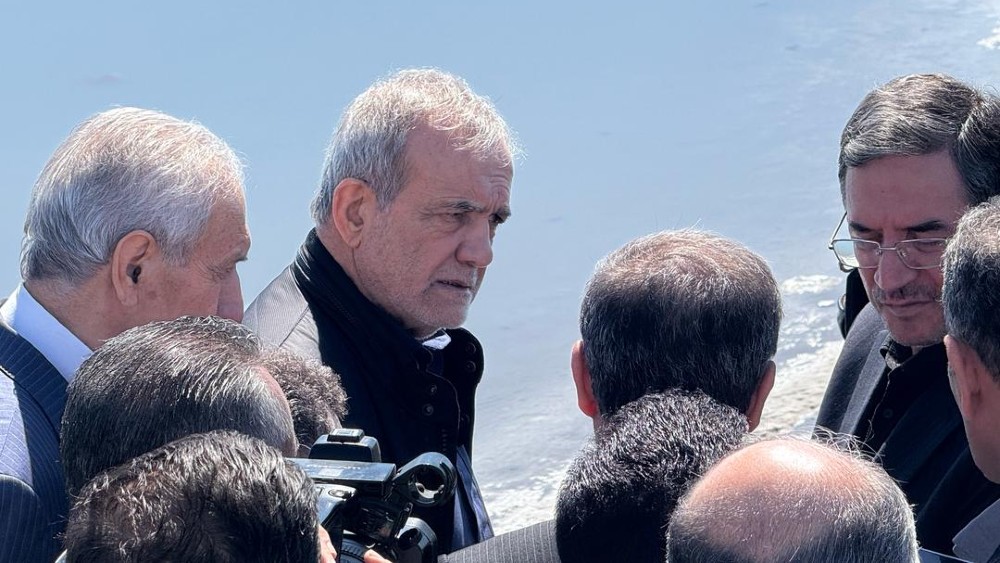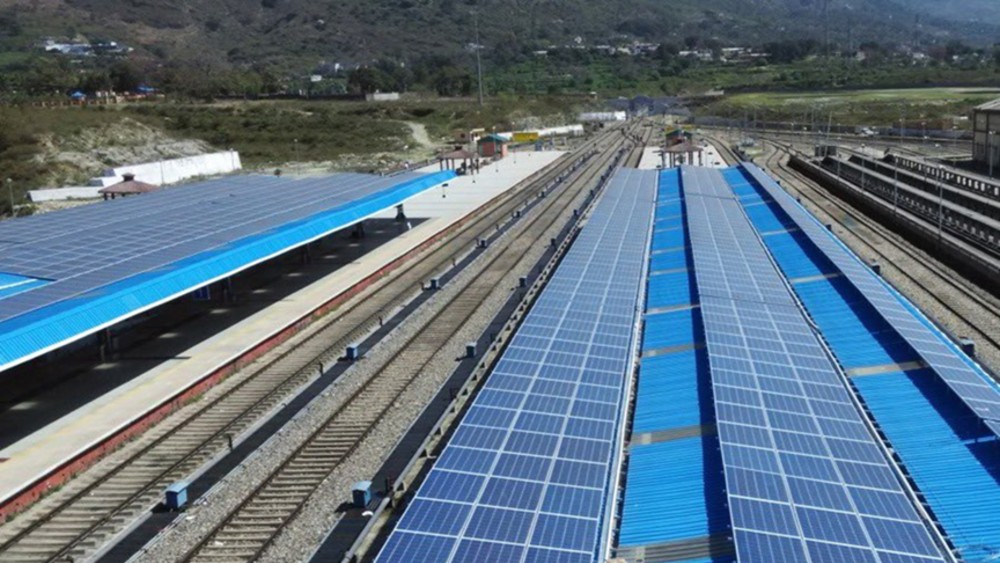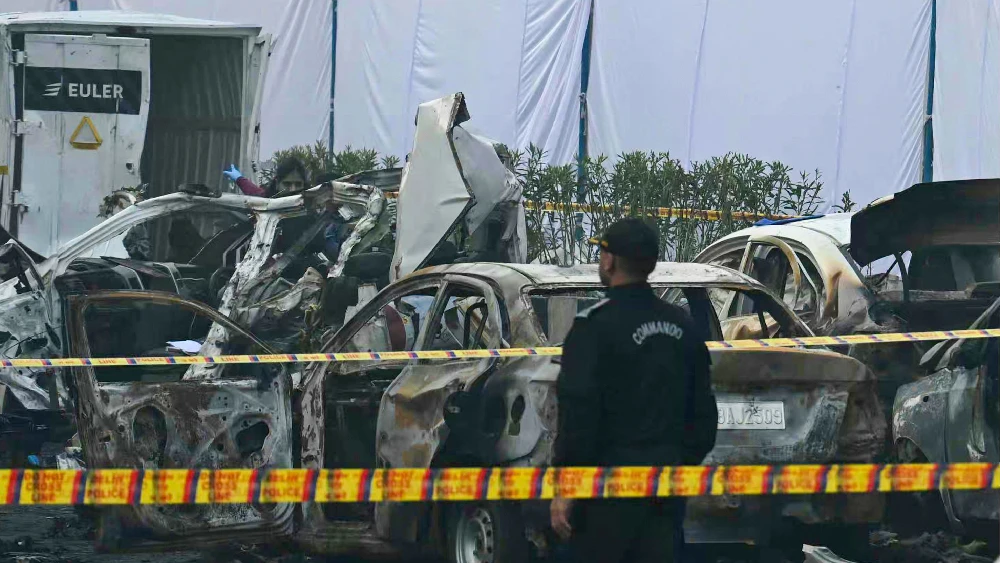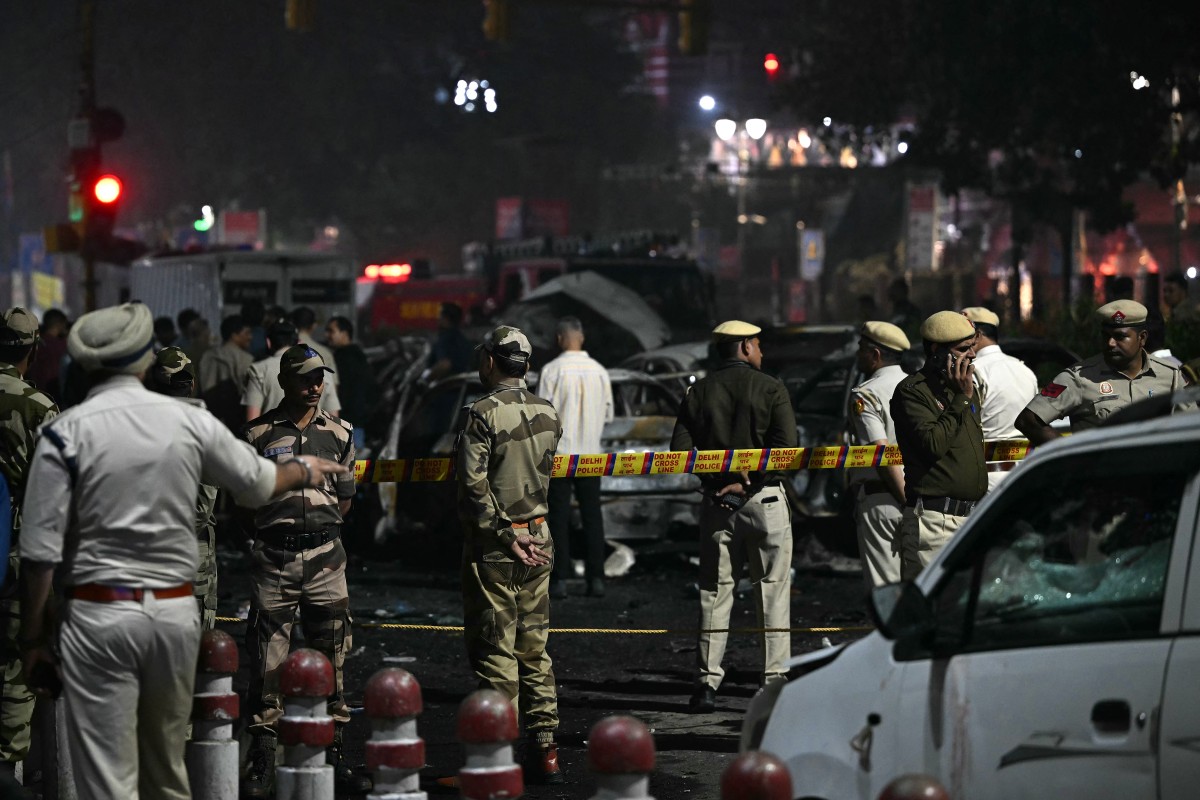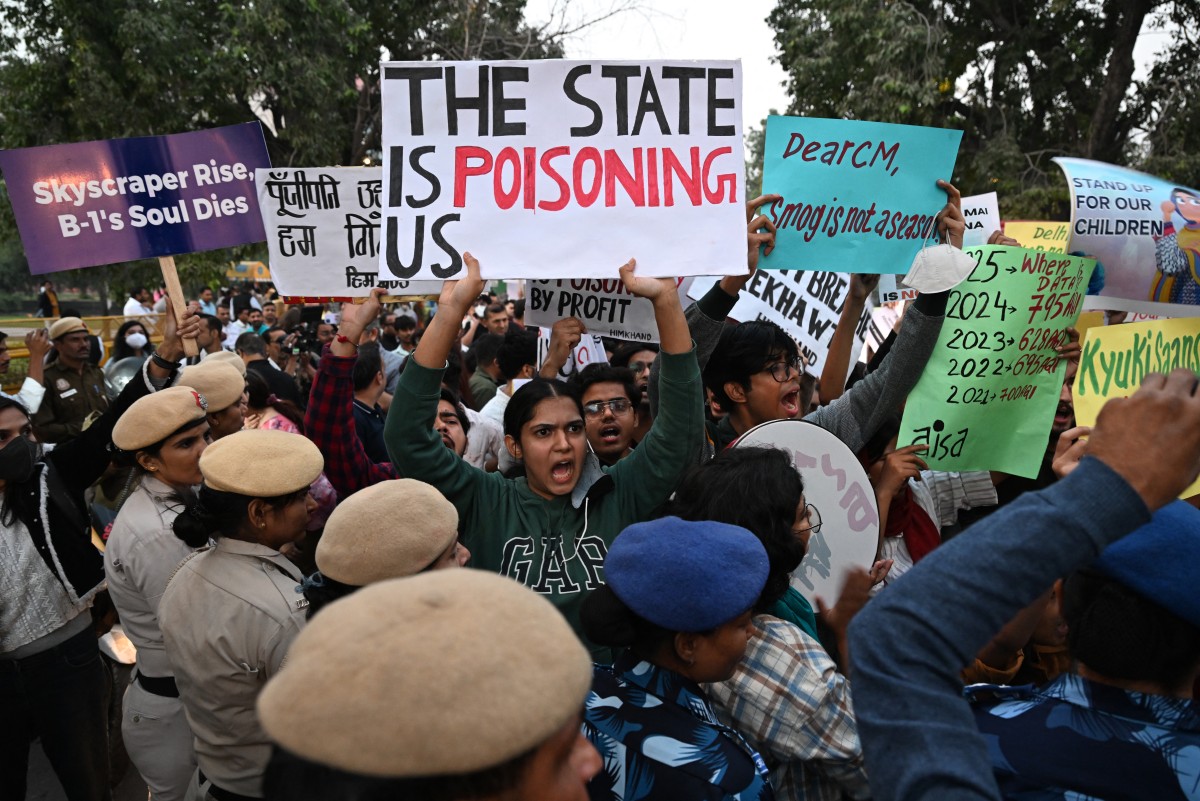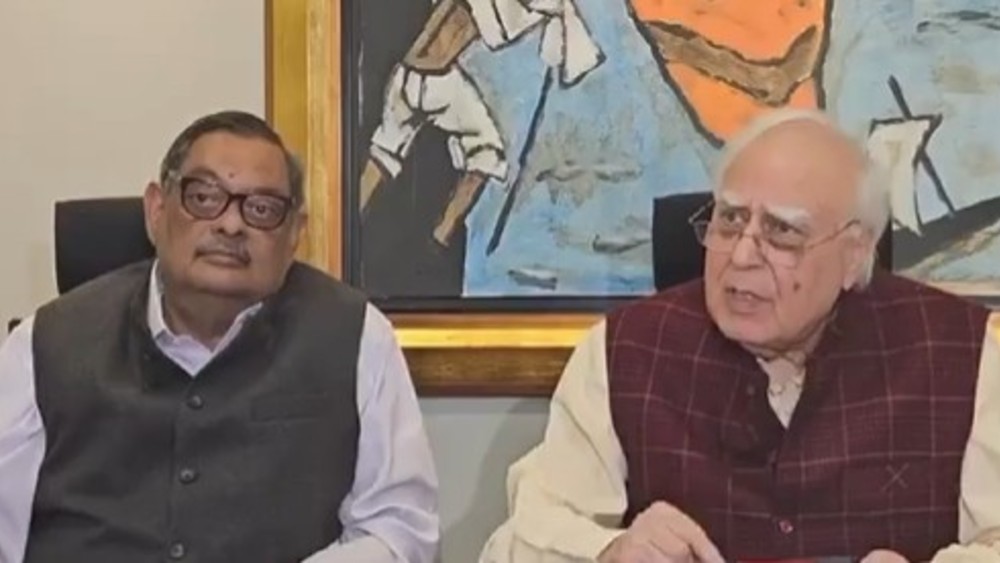ISLAMABAD: A pattern seems to be emerging in which Indian Prime Minister Narendra Modi continues to use security incidents in the country to create a false image of strong leadership at home.
The recent explosion on Tuesday in India’s capital, New Delhi, killed at least eight people and injured more than a dozen others. While early reports and eyewitness accounts suggested a cylinder blast, the Modi-led Bharatiya Janata Party (BJP) government quickly shifted its stance, calling it a “terrorist attack.”
Within hours, police had registered a case under the Unlawful Activities (Prevention) Act, India’s principal anti-terrorism law.
According to Indian media, investigators are exploring a possible link to the Jaish-e-Mohammad (JeM), a group which India accuses Pakistan of supporting. Pakistan has consistently denied this; it proscribed the group in 2022. The mode of investigation to explore links to the banned group raises concerns that India is seeking ways to draw Pakistan into the blame narrative once again.
Incidentally, the shift in tone has coincided with the second and final phase of the crucial Bihar elections, which began today (Wednesday), and which Modi's party, the BJP, must win. The PM wasted no time: the morning after the Delhi explosion, he was already back on the campaign trail, asking for votes.
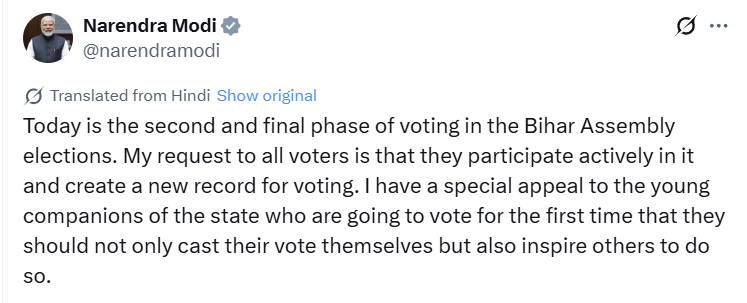
This approach only reinforces the trend seen over the past decade under Modi’s government, where major attacks have not only shaped India’s security posture but also carried significant political undertones.
Let’s take a look.
Pathankot (Jan. 2016)
Modi undertook a private and unscheduled visit to Pakistan in Dec. 2015. The move drew widespread criticism in India. To deflect domestic pressure, Modi needed to shift the narrative. In Jan. 2016, the Pathankot Air Force Base in Indian Punjab was attacked by militants. Indian officials accused JeM and Pakistan of responsibility. Modi condemned the incident, saluted the armed forces, and called upon Pakistan to take immediate action against those responsible. The incident helped his government justify a tougher stance toward Islamabad and laid the groundwork for a more aggressive national-security doctrine.
Uri and the 'surgical strikes' (Sep. 2016)
On Sept. 18, 2016, 19 soldiers were killed in an attack on an Indian Army camp in Uri, Occupied Kashmir. India responded by announcing “surgical strikes” across the border, - a claim vehemently denied by Pakistan.
The move was celebrated domestically as a show of strength and became a defining moment for Modi’s image as a decisive leader.
Opposition leader Rahul Gandhi accused the government of “hiding behind the blood of soldiers,” while others, including former Delhi Chief Minister Arvind Kejriwal, demanded “proof” of the strikes.
Pulwama and Balakot (February-April 2019)
In Feb. 2019, a suicide bombing in Pulwama killed 40 paramilitary personnel. India immediately blamed Pakistan and launched airstrikes on Balakot, claiming to have targeted JeM training camps. Curiously, the strikes came just weeks before the general elections and dominated the campaign narrative.
Commentators noted that the intense media coverage and surge in nationalist sentiment overwhelmingly favored the ruling BJP, helping reinforce Modi’s image as a strong, security-focused leader.
Fast forward to 2025
Earlier this year, an attack on tourists in Indian Illegally Occupied Jammu and Kashmir’s Pahalgam area, a clear intelligence and security failure, was blamed on Pakistan within an hour. The police report, registered within 30 minutes, directly accused Islamabad. Within hours, India announced it was suspending the Indus Waters Treaty, a move it had reportedly been considering for years.
Pakistan’s Prime Minister Shehbaz Sharif offered an independent, transparent international inquiry into the attack. But Modi, facing domestic pressure to deliver a forceful response in line with his “strongman” image, chose to exploit the situation politically and ordered strikes against Pakistan.
The result proved disastrous: India reportedly lost at least six fighter jets, including Rafales, in a single night, a humiliating outcome that undercut Modi’s message of military superiority on the international stage.
Weeks later, in a public address, Modi said he was “burning with the fire of revenge.”
“From the land of Kutch, I send this message to the people of Pakistan. I carry on my chest a debt to your general that I will repay at any cost. On May 6, Indian forces struck militant positions, but in response your general attacked our soldiers. That action has ignited a fire of revenge inside me. I will not rest until this is avenged, and the next response will be a full-scale war if necessary,” he said.
Recurrent narrative patterns
Across these episodes, a clear pattern emerges:
- Immediate attribution of blame to cross-border groups before investigations conclude.
- Media amplification of official narratives accusing Pakistan.
- Political framing that highlights strong, decisive leadership and unwavering national resolve.
These dynamics have allowed the ruling party to consolidate a powerful and enduring national security narrative, one it continues to exploit with its voter base.

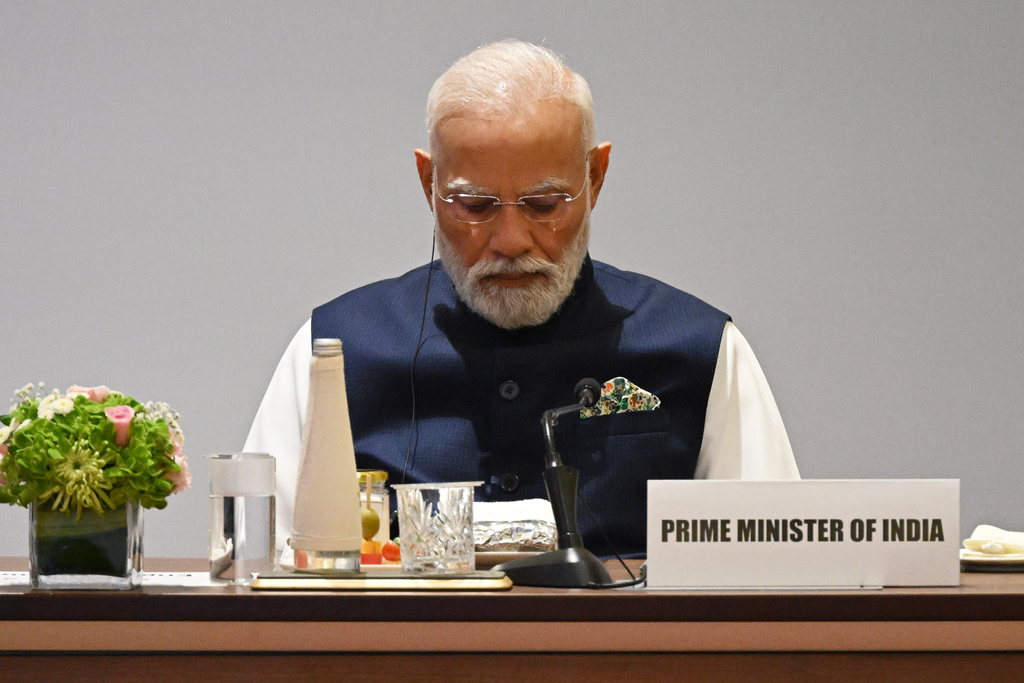

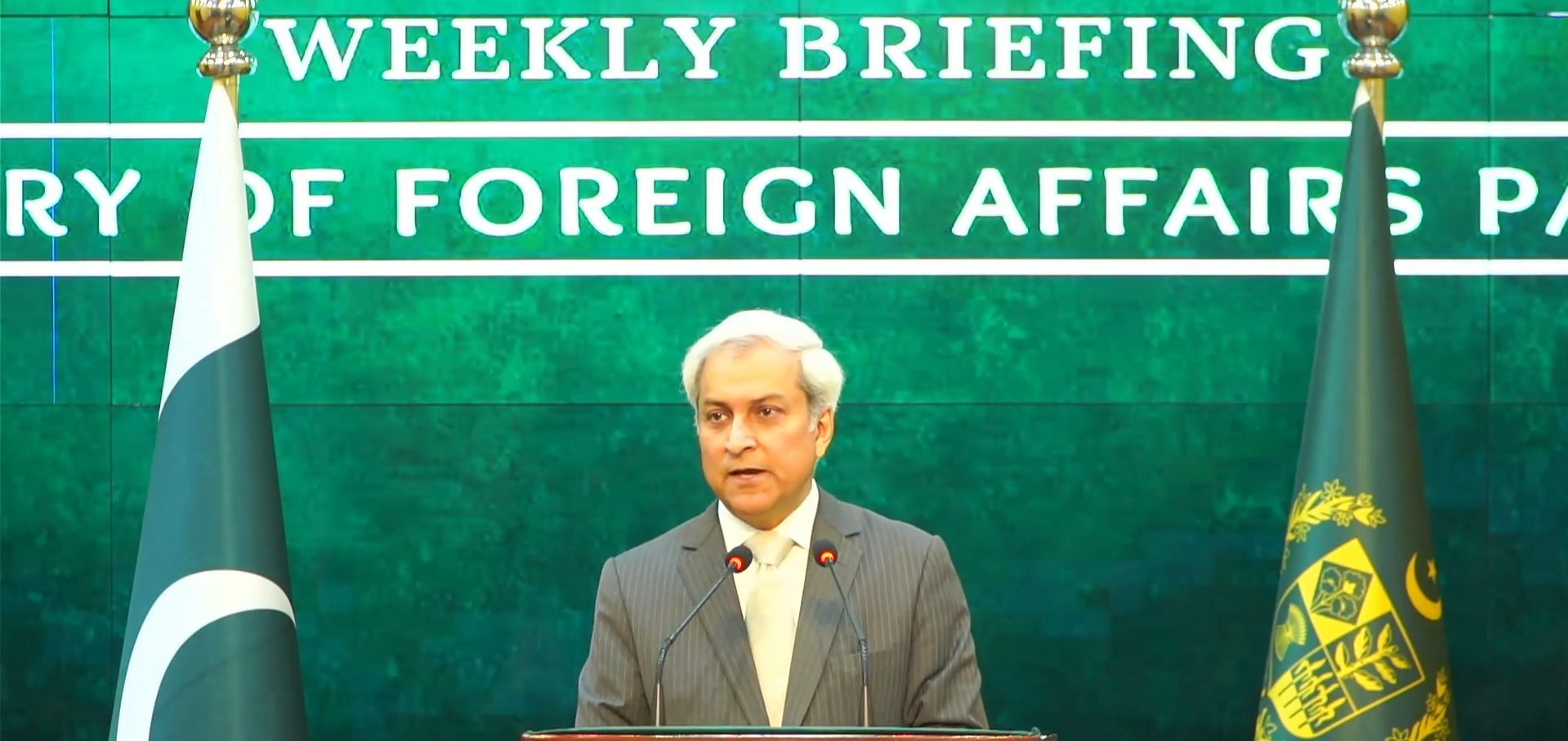
.jpg)
